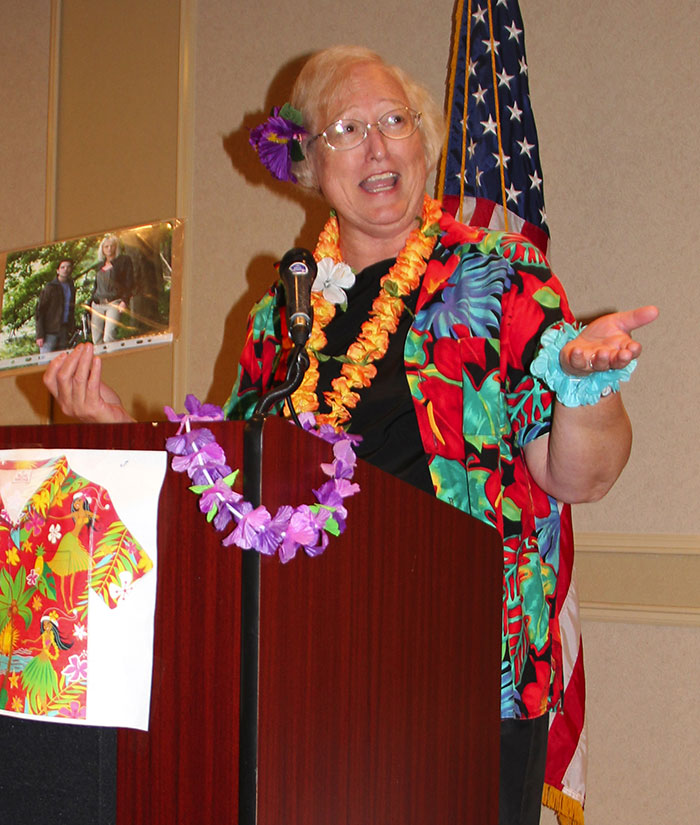

It isn’t a serious story on the surface, Willis’ London is romanticised and unrealistic for comic effect, but in contrasting this with the haunting winds there is a serious point about theme-park history and tourism.


Interspersed with this are echoes of the Blitz seeping through from the past in ‘winds’ through the station tunnels. ‘The Winds Of Marble Arch’ has a farcical runaround plot about conference attendees trying to arrange theatre tickets and some classic screwball banter where Willis shows off her love for the Underground. The other stories of history here (they aren’t historicals as some would have it, but stories about history) are funnier than ‘Fire Watch’ and less poignant. ‘Fire Watch’ even makes this opposition clear when the narrator challenges his tutor over the examination focus on numbers rather than people’s lives. As others have noted, her model is often closer to Golden Age Hollywood’s screwball comedies than to Golden Age Campbellian SF. Paul could mistakenly be sent back in time to St.Paul’s Cathedral during the blitz is borderline ridiculous, but Willis isn’t that kind of writer. Looking at ‘Fire Watch’ from a rational, traditional SF position the premise that a historian who studied St. It is also one of the annoyances, as Willis then frequently creates implausible setups for them. Sometimes these quirky quests are personal obsessions, but sometimes (because these are science fiction stories) the fate of the whole world may hinge on the timely discovery of the right clue by one bright yet basically powerless person.įor me that is one of the charms of the best of these stories, that Willis’ characters aren’t omnicompetent superheroes but closer to ‘ordinary’ people. Worrying that they’ve misunderstood something important, and consumed by the certainty that there is little time left to get it right. Lisa Tuttle has a go in her introduction, identifying a number of Willis protagonists on quixotic quests: What makes it so good? Are there recurrent themes that explain Willis’ huge popularity? So this is a collection subtitled ‘ The Best Of Connie Willis’, although qualified (sub-subtitled, as it were) on the cover as ‘ The Hugo and Nebula Award-Winning Short Fiction’. Eight of them won the Hugo Award, the other two were amongst the five that picked up Nebulas. The novels of Connie Willis are popular enough that maybe I don’t need to tell you about them, but how about her short fiction? Time Is The Fire is the first UK collection of Willis’ shorter fiction and features ten stories originally published between 19.


 0 kommentar(er)
0 kommentar(er)
